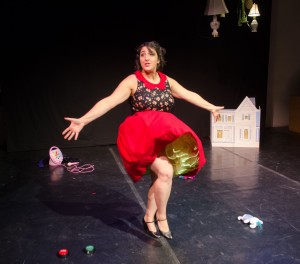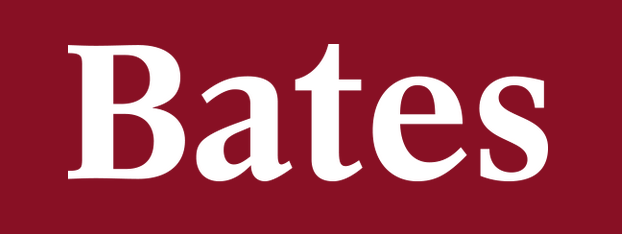Here at Bates Dance Festival, we offer workshops and master classes in addition to the daily classes. Last night, Sara Juli, the Founder/Director of Surala Consulting and former Director of Development at Dance Theater Workshop in New York City, gave a Business of Dance lecture for our students. She is also a touring solo artist and began working in arts administration to support her artistry. Sara lived in NYC for 14 years, and has a lot of experience with the competitive world of dance.
I had the opportunity to attend the workshop and left at the end of the evening feeling much more confident in my knowledge of the business side of dance. Here is some valuable information that I learned in the brief hour and a half lecture. It is important to know as much as possible about the business of dance in order to succeed as an artist.
Marketing
- Promote yourself whenever possible, and identify yourself separate from your peers
- Build a complete profile and materials including press reviews, videos, and photos
- Know and study your market
- When you move to a new location, connect to a dance service organization
Becoming a 501c3 vs. Fiscal Sponsorship
- 501c3: legal not-for-profit organization
Fiscal Sponsorship: through a sponsor and can fundraise
- Use Fiscal Sponsorship for as long as possible, this is great for small companies and businesses
- Make a pitch at after-show gatherings
Grants
- Do not apply until you have 3-5 years of professional experience
- You must have perseverance over time; keep applying!
- Remember – nobody owes you anything!
- Go see as many shows as possible and see who is funding, read arts section and get to know the reviewers
- Build a relationship with a program officer
- Network, promote, and volunteer; stay as connected as possible
- Grants include:
- Cover letter
- Narrative
- Budget
- Supplementary materials
Budget
- If you can afford it, try to avoid fundraising
- Make an annual appeal around Christmas time; use a typed letter and hand write parts to personalize
- Always make your donors feel special – thank them, put their names on website, announce at shows, etc.
- Use quarterly newsletters
- Build an advisory committee
Artist Representation
- Use LinkedIn and other Social Media sights
- Agents are not absolutely necessary, but you can always invite them to shows
- Record everything in a CV – assignments, internships, etc.
- Resume should be 1-2 pages, but the most applicable experience on the top depending on the job
- Cover letter should show passion!
NYC Organizations
This post was written by Sydney Burrows. Sydney is the BDF Social Media Intern for the 2016 summer.


